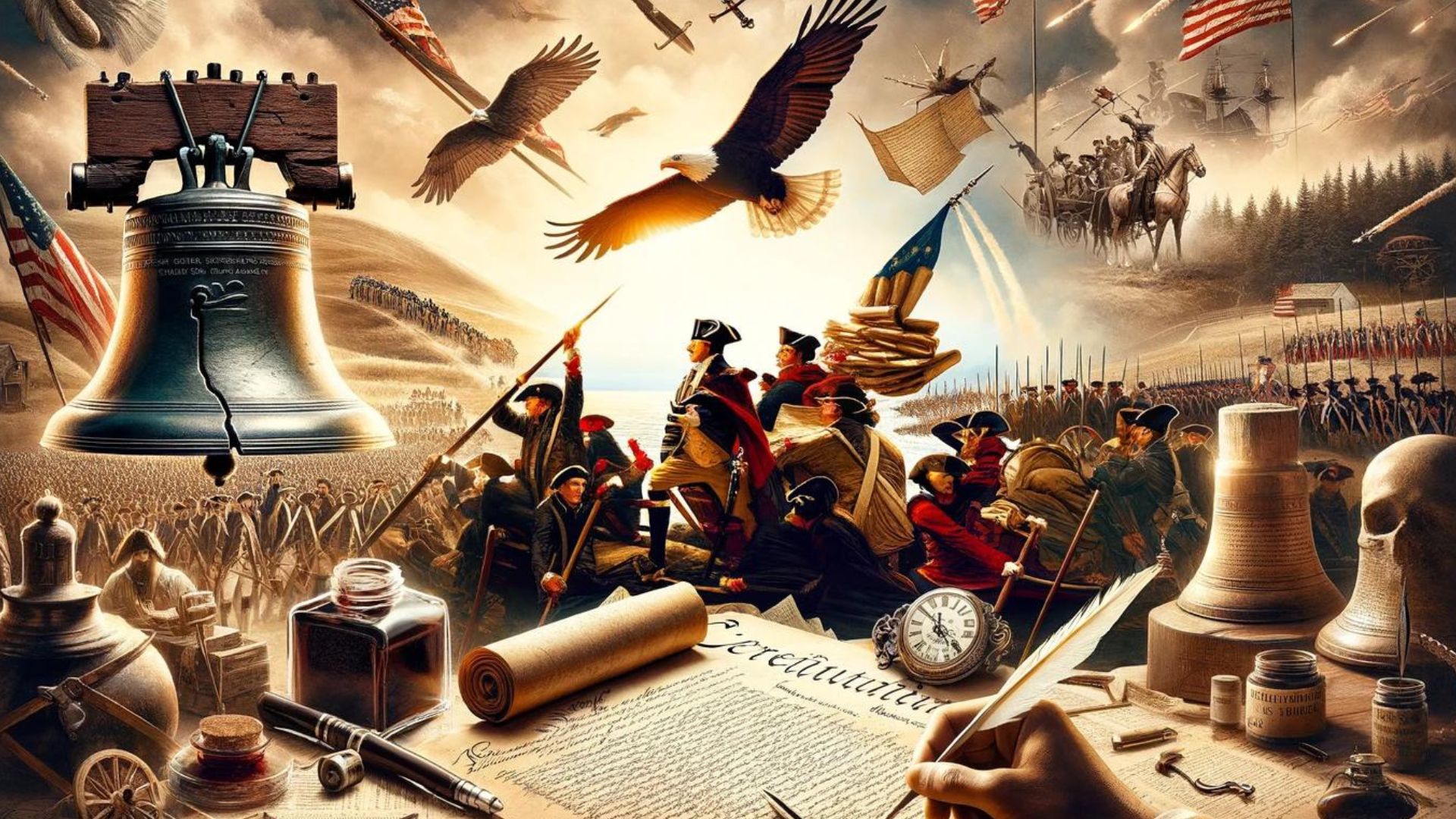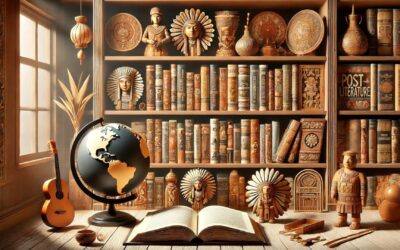- Unraveling the American Revolution: A Q&A Journey
- Why did the colonists rebel?
- Who were the key players?
- What were the major battles?
- Did everyone support the Revolution?
- How did the Revolution change the world?
- The Legacy of the Revolution
- Why Should You Care?
- Key Takeaways
- Keywords
- Frequently Asked Questions
- Myth Buster
- Let’s Talk
Unraveling the American Revolution: A Q&A Journey
Think of the American Revolution as a dramatic play filled with tension, conflict, and unexpected twists. It wasn’t simply a war for independence; it was a clash of ideas, a fight for the very soul of a new nation. So, let’s pull back the curtain and address some of the most common questions swirling around this historical event.
Why did the colonists rebel?
It wasn’t just about taxes (though those pesky taxes certainly played a part). Imagine feeling like you have no voice in decisions impacting your life. The colonists were frustrated by a distant British Parliament making laws for them without their representation. They longed for self-government and the freedom to shape their own destiny.
Who were the key players?
You’ve surely heard of George Washington, the steadfast general, and Thomas Jefferson, the eloquent wordsmith behind the Declaration of Independence. But the Revolution was a group effort! There were fiery figures like Samuel Adams, the master of stirring up rebellion, and Benjamin Franklin, the brilliant diplomat who secured French support. And let’s not forget the ordinary men and women who risked everything – farmers, merchants, enslaved people – all their sacrifices shaped the course of events.
What were the major battles?
Think of battles like Lexington and Concord as the sparks that ignited the flames. Bunker Hill, though technically a British victory, proved the colonists wouldn’t back down. Saratoga was a major turning point, convincing France to join the fight. And finally, Yorktown, where the British surrendered, effectively sealing America’s victory.
Did everyone support the Revolution?
Not at all! The colonists were divided into three rough camps: Patriots (ardent supporters of the Revolution), Loyalists (those who remained loyal to the British Crown), and a significant number who were neutral, just trying to survive. This adds a complex layer – the Revolution was as much a civil war as a war for independence.
How did the Revolution change the world?
The success of a scrappy group of colonies against a powerful empire sent shockwaves across the globe. The American Revolution’s ideals of liberty, equality, and self-government inspired other revolutions worldwide, and shaped the very concept of modern democracy.
The Legacy of the Revolution
The American Revolution didn’t create a perfect society overnight. Slavery persisted, women’s rights were limited, and it would take further struggles to realize the true potential of the nation’s founding ideals. Yet, it set in motion a grand experiment, a nation built upon a promise of a government of, by, and for the people.
As you reflect on the American Revolution, think about the power of ordinary people to change history. Consider the challenges of building a fair society, and the ongoing work it takes to protect precious freedoms. The echoes of the American Revolution – the debates, the battles, the sacrifices – are woven into the very fabric of who we are as a nation today.
Why Should You Care?
- Understanding Our Roots: The American Revolution is the origin story of the United States. Knowing this history helps us understand how our nation’s values and political systems developed.
- History Repeats Itself: The Revolution teaches us timeless lessons about the struggles for power, representation, and the right to self-determination. These themes continue to shape events throughout the world even today.
- Appreciating the Present: Learning about the hardships and sacrifices of the Revolutionary era helps us appreciate the freedoms and opportunities we have today.
Key Takeaways
- The American Revolution was driven by a complex mix of political, economic, and social factors.
- The war was not universally supported; the colonists were a divided people.
- Key figures and iconic battles shaped the Revolution, but it was ultimately the effort of countless ordinary people that led to victory.
- The American Revolution ignited the idea of democratic government globally.
- The Revolution was not an end point, but the beginning of an ongoing effort to build a more perfect society.
Keywords
- Taxation Without Representation: The rallying cry of the colonists, protesting British taxation policies without providing the colonists a voice in Parliament.
- Patriot: A colonist who supported independence from Great Britain.
- Loyalist: A colonist who remained loyal to the British Crown during the Revolution.
- Declaration of Independence: The document, primarily authored by Thomas Jefferson, declaring the colonies’ separation from Britain.
- Continental Army: The military force established by the Second Continental Congress to fight the British, led by George Washington.
- Battle of Saratoga: A turning point in the war, convincing France to ally with the American cause.
- Treaty of Paris (1783): The formal treaty that ended the war and recognized American independence.
- Constitutional Convention: The 1787 meeting in Philadelphia where representatives from the states drafted the United States Constitution.
- Democracy: A form of government where power is held by the people, exercised either directly or through elected representatives.
- Revolution: A dramatic and far-reaching change, often referring to the overthrow of a government.
Frequently Asked Questions
- What roles did women play in the American Revolution? Women actively supported the war effort as nurses, spies, boycotters, and some even disguised themselves to fight.
- What was the experience of enslaved people during the Revolution? Both sides offered promises of freedom, leading some enslaved people to fight for their own liberation.
- How did Native American tribes interact with both the British and the colonists during the war? Native tribes were caught between the warring powers, making difficult alliances and often losing out in the end.
Myth Buster
- Myth: All colonists eagerly supported independence.
- Reality: Colonial society was deeply divided between Patriots, Loyalists, and those who just tried to avoid the conflict altogether.
Let’s Talk
- Do you think revolutions are sometimes necessary to achieve positive change? Why or why not?
- Can you think of modern-day examples where the ideals of the American Revolution are being fought for?
- How can we honor those who sacrificed for our nation’s independence while acknowledging the Revolution’s imperfections?
Let’s hear your thoughts – share your opinions in the comments!












0 Comments